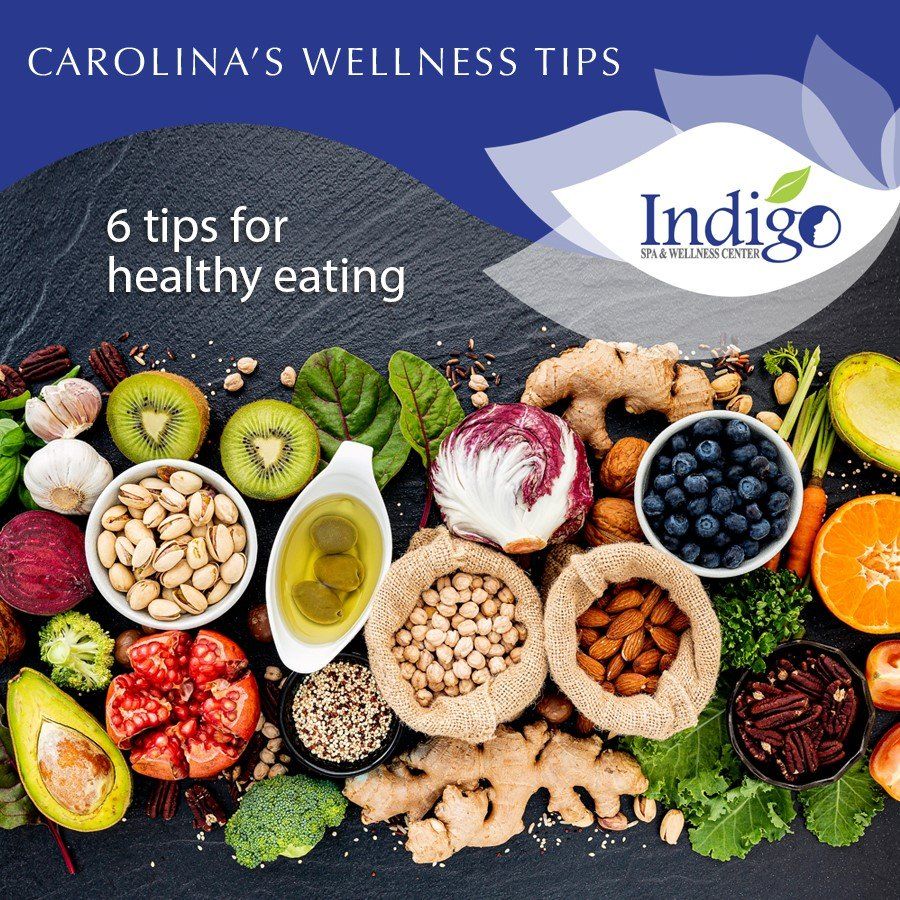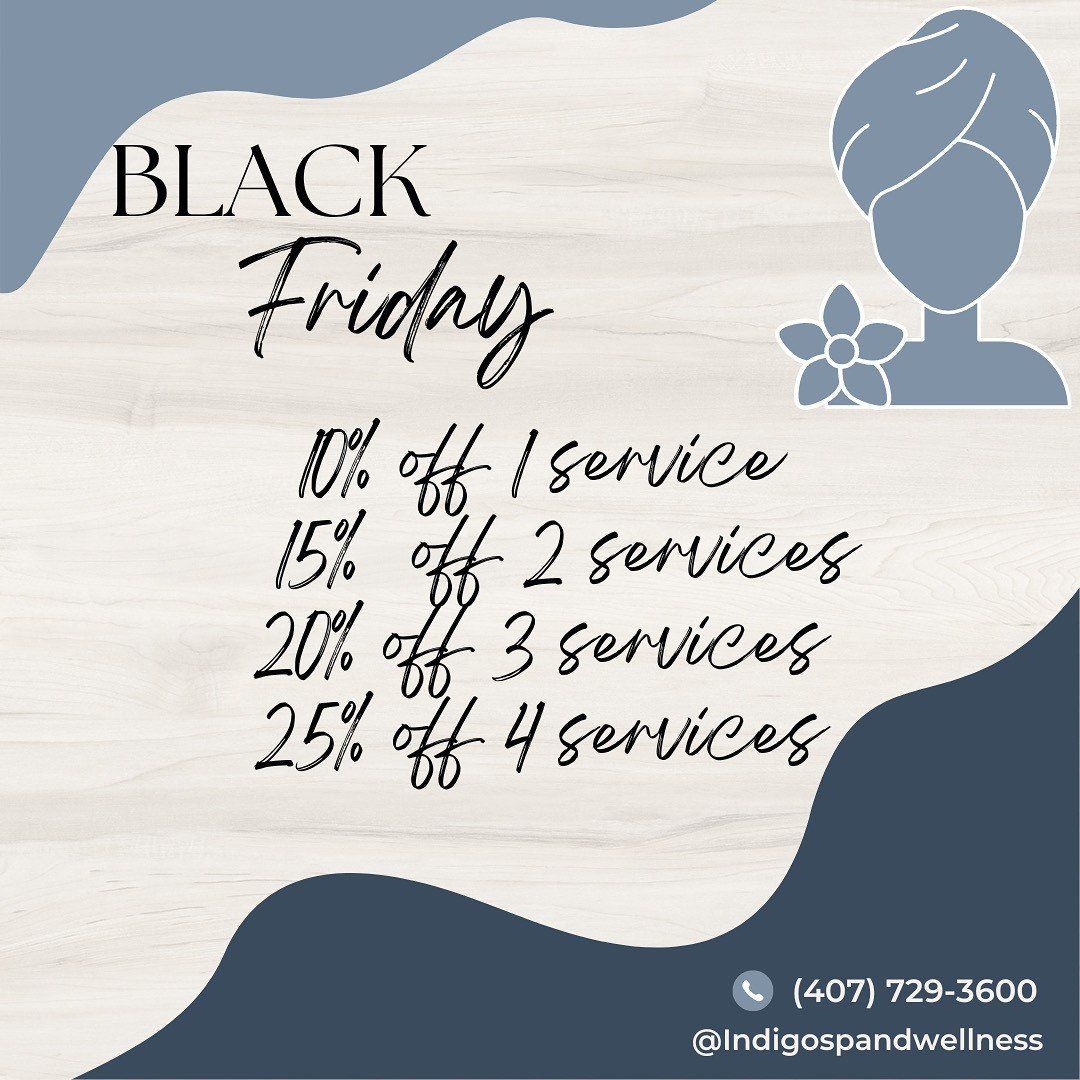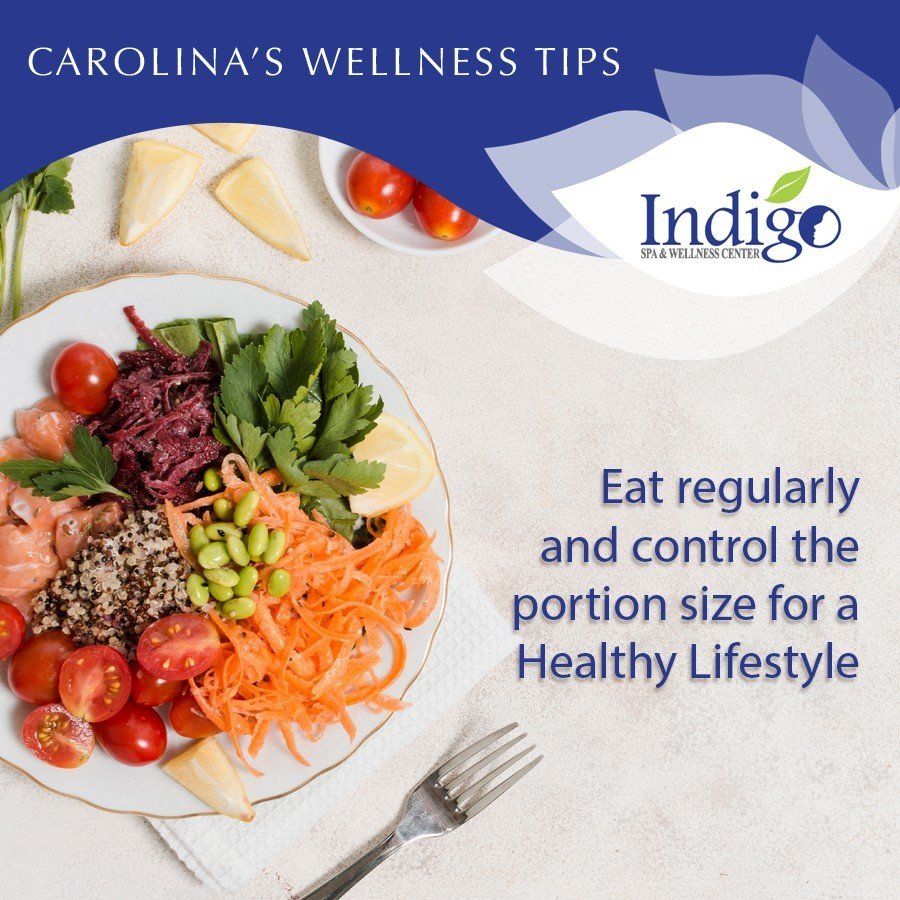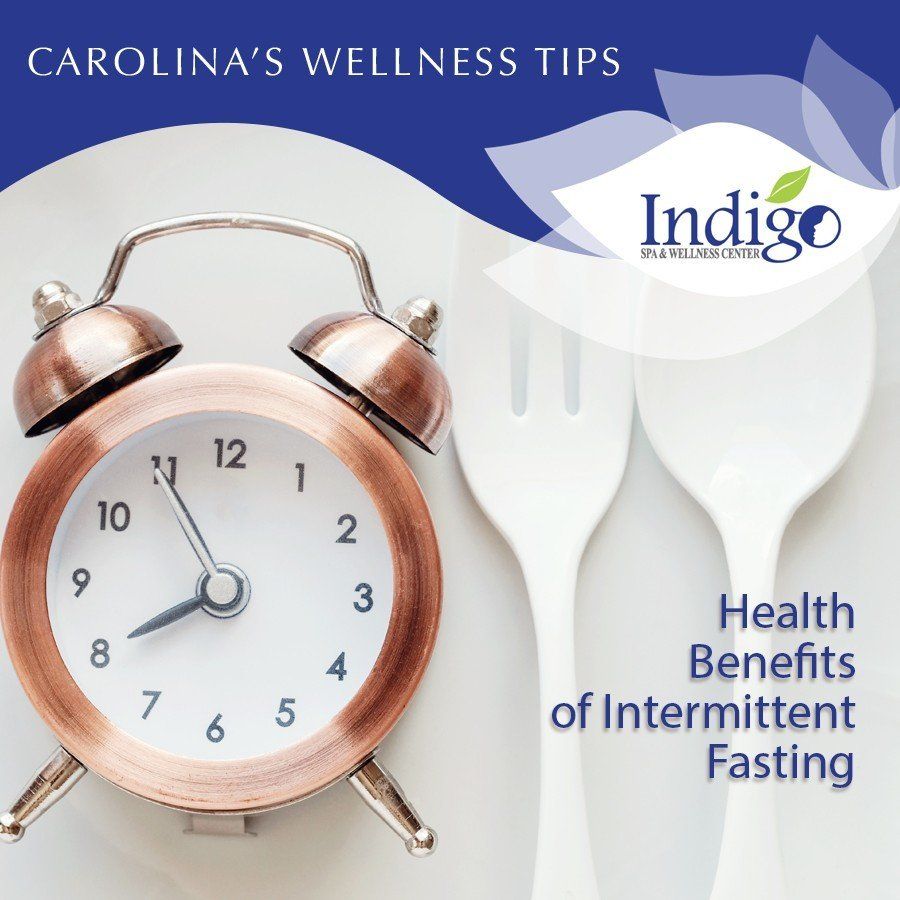Six Tips for Healthy Eating
Carolina Bond • October 16, 2019
If you eat or drink more than your body needs, you'll put on weight because the energy you do not use is stored as fat. If you eat and drink too little, you'll lose weight.
You should also eat a wide range of foods to make sure you're getting a balanced diet and your body is receiving all the nutrients it needs. It's recommended that men have around 2,500 calories a day. Women should have around 2,000 calories a day.
These 8 practical tips cover the basics of healthy eating and can help you make healthier choices:
- Base your meals on higher fibre wholegrain varieties, such as wholewheat pasta, brown rice or potatoes with their skins on.They contain more fibre than white or refined starchy carbohydrates and can help you feel full for longer.
- It's recommended that you eat at least 5 portions of a variety of fruit and veggies every day. They can be fresh, frozen, canned, dried or juiced.
- Fish is a good source of protein and contains many vitamins and minerals. Aim to eat at least 2 portions of fish a week, including at least 1 portion of oily fish that are high in omega-3 fats, which may help prevent heart disease. Oily fish fish include: salmon, trout, herring, sardines, pilchards, mackerel.
- Try to cut down on your saturated fat intake and choose foods that contain unsaturated fats instead, such as vegetable oils and spreads, oily fish and avocados. Too much saturated fat can increase the amount of cholesterol in the blood, which increases your risk of developing heart disease.
- Sugary foods and drinks are often high in energy and if consumed too often can contribute to weight gain. They can also cause tooth decay, especially if eaten between meals. This is the type of sugar you should be cutting down on, instead you sould choose ugar found in fruit and milk.
- Eat less salt: no more than 6g a day for adults. Try not to add salt on your food. Even if you don't, you may still be eating too much. Use food labels to help you cut down. More than 1.5g of salt per 100g means the food is high in salt.











